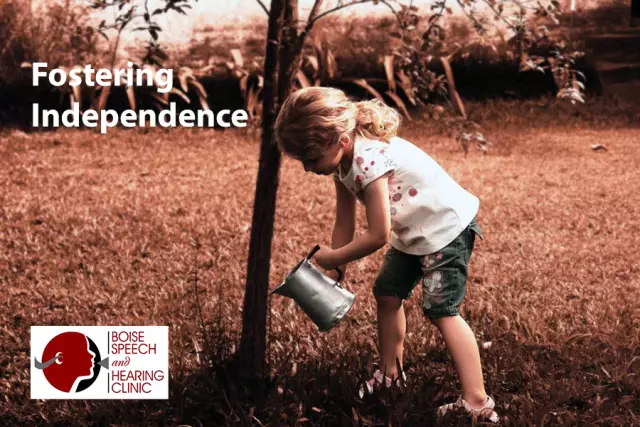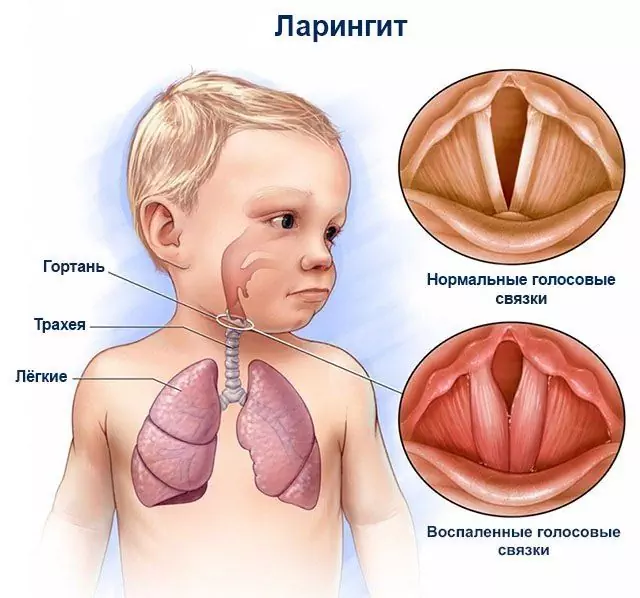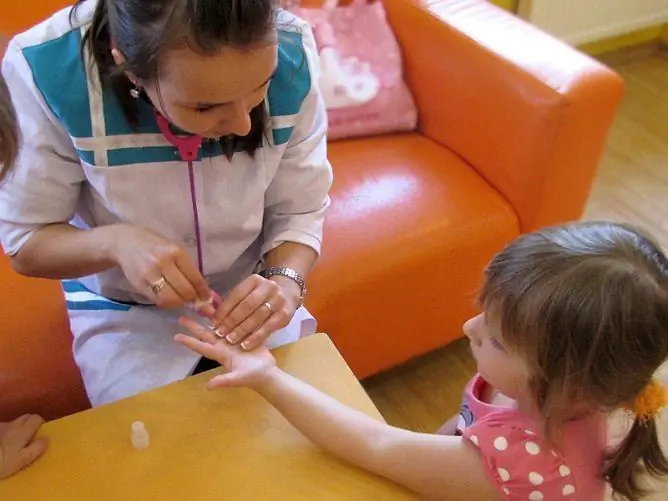- Author Rachel Wainwright wainwright@abchealthonline.com.
- Public 2024-01-15 01:55.
- Last modified 2025-11-02 20:14.
Fostering independence in children

Most often, parents think about the independence of their own child from the moment he starts going to school. But if you start fostering independence in children earlier, you can achieve great success.
Before discussing the education of independence in children, it is necessary to define what independence is. As a rule, this word means “the ability of a person to personally manage and manage his own life without outside help”; “The ability to make decisions on one's own and be responsible for the consequences of these decisions” and so on. But these definitions do not fit very well with young children, although they may also have some independence skills. The following definition of independence is more relevant to young children: "the ability to occupy oneself, the ability to do something for a while without the help of adults."
According to many experts, independence means the following:
- Ability to carry out familiar activities without adult supervision and seeking help;
- Ability to act on their own initiative and notice the need for their presence in different circumstances;
- The ability to control oneself in an elementary way and give self-assessment to the results of activities;
- The ability to transfer already known methods of action to new conditions.
Independence in children develops gradually, and this process begins early enough.
Methods of fostering independence in young children
You can foster independence in young children as follows:
Do not do for the child what he can do himself. If the child has already learned, for example, how to dress or eat without the help of a parent, give him the opportunity to do it on his own. Naturally, you will dress the child faster and be able to feed him without staining his clothes, but in this case you will interfere with the development of his independence.
Help your child only when he asks for it. Do not interfere with his activities if he has not asked you to. Of course, adults understand better how to perform this or that action, but it is necessary to provide the child with the opportunity to find a solution on his own. Naturally, if your child does something that will pose a danger to him, you need to protect him from it, even if he did not ask for it.
-
Encourage the child's desire for independence in every way. At an early age, children often repeat: "I myself!" Within reason, do not interfere with his attempts at independent action. Give your child the opportunity to try their hand. The child wants to wash the floor - give him a rag and a bucket. He wants to wash his handkerchief - let him do it. The end result is not important here. Support and approve of your child's actions and in no case make fun of him if something did not work out, but explain where the mistake was made and how to fix it.

Raising independence in children - advice from psychologists
Fostering independence in preschool children
In fostering independence in preschool children, the following is important:
- At this age, the child can already be given the opportunity to choose what he will wear today. You can help him by explaining how to choose clothes for the weather, and so on. You can also make purchases in the store with your child and take into account his choice.
- Teach your child to the idea that for him, as for the rest of the family, there are certain rules and norms of behavior that should be adhered to. To do this, assign a simple assignment to the child, for example, let him clean his corner with toys, water the plants or help in caring for a pet.
- The upbringing of independence in children also includes the formation of the child's ability to find something to do on his own and to do it for a certain time, without involving adults.
- Do not shield your child from problems that arise after his actions or inaction.
Found a mistake in the text? Select it and press Ctrl + Enter.






